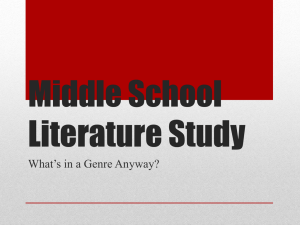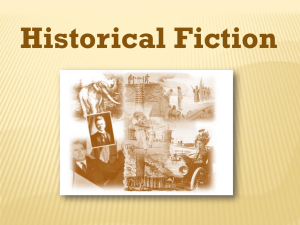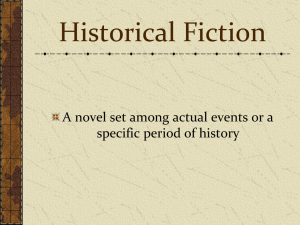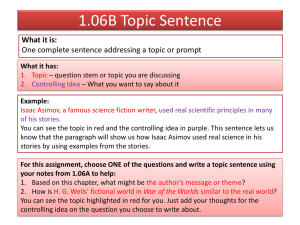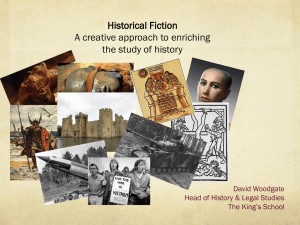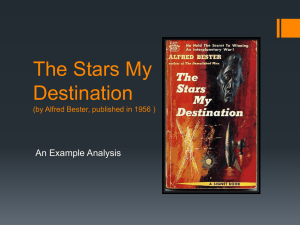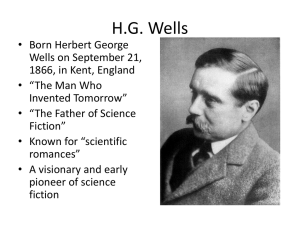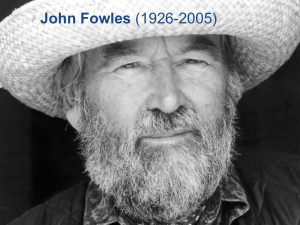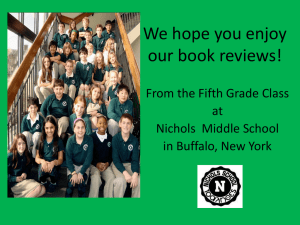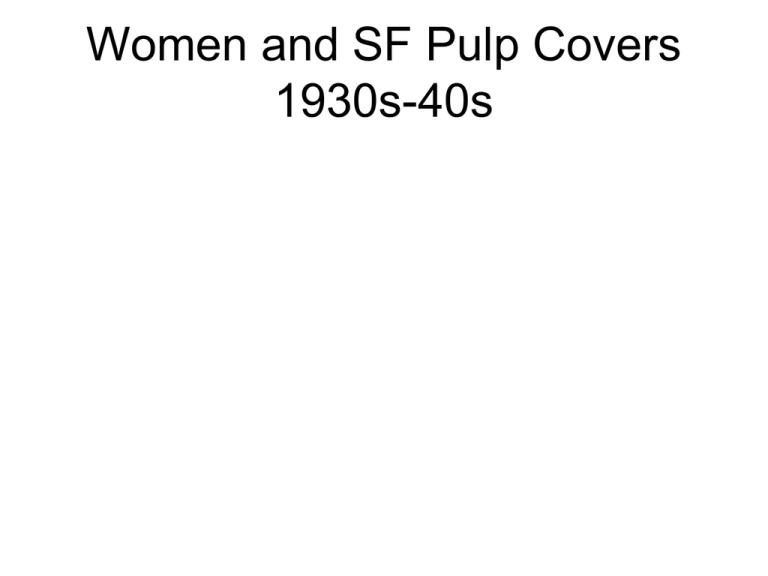
Women and SF Pulp Covers
1930s-40s
Paul, Amazing Stories, December, 1926
Paul, Science Fiction, December 1939
Paul, Science Fiction, March 1940
Paul, Science Fiction, June 1940
Paul, From Science Fiction, October 1940
Paul, Science Fiction, June 1941
Paul, Planet Stories, Fall 1941
Women on SF Pulp Covers, 1950s
Amazing Stories, Aug 1948
Amazing Stories, Sept 1952
Amazing Stories, May 1952
Startling Stories. (Chicago : Better Publications, 1939-1955)
Fantastic adventures. “The Man Who Stopped at Nothing,” 1951 (Chicago, ZiffDavis, 1939-1953) 15 v.Thrilling wonder storie(New York, N.Y. : Beacon Magazines
1936; Better Publications, Aug. 1937-1943; Standard Magazines, fall 1943-1955)
Covers for Astounding Science
Fiction, 1930s-40s
Astounding Science Fiction, ed. John Campbell, December, 1938 (contains
Lester Del Rey, “Helen O’ Loy”)
Astounding Science Fiction, ed. John Campbell, June, 1940 (Heinlein, “The
Roads Must Roll”)
Sciene Fiction,Dec 1939
Astounding Science Fiction, June, 1940
Astounding Science Fiction, ed. John Campbell, August, 1954 (Contains
Godwin’s “The Cold Equations)
Astounding Science Fiction, ed. John Campbell, April, 1941 (contains
“Microcosmic God”)
Astounding Science Fiction, June 1939
Astounding, May 1938
John Campbell Hard SF v. Fantasy
The major distinction between fantasy and science fiction is, simply, that
science fiction uses one, or a very, very few new postulates, and develops
the rigidly consistent logical consequences of these limited postulates.
Fantasy makes its rules as it goes along...The basic nature of fantasy is
"The only rule is, make up a new rule any time you need one!" The basic
rule of science fiction is "Set up a basic proposition--then develop its
consistent, logical consequences."
John Campbell, Analog, 1966
Letters to the Editor of Astounding
Science Fiction
Dear Editor,
In the last six or seven publications females have been dragged into the
narratives and as a result the stories have become those of love which have no
place in science-fiction. Those who read this magazine do so for the science in
it or for the good wholesome free-from-women stories which stretch their
imaginations.
A woman's place is not in anything scientific. Of course the odd female now and
then invents something useful in the way that every now and then amongst the
millions of black crows a white one is found.
I believe, and I think many others are with me, that sentimentality and sex
should be disregarded in scientific stories. Yours for more science and less
females
—Donald G. Turnbull, Toronto Canada
Astounding Science Fiction July 1938 p. 162
Dear Editor,
Three rousing cheers for Donald G. Turnbull of Toronto for his valiant
attack on those favoring mush. When we want science-fiction, we don't
want swooning dames, and that goes double. You needn't worry about
Miss Evans, Donald, us he-men are for you and if she tries to slap you
down, you've got an able (I hope) confederate and tried auxiliary right
here in the person of yours truly. Come on, men, make yourself heard in
favor of less love mixed with our science!
—Isaac Asimov, 174 Windsor Place, Brooklyn, N. Y.
Astounding Science Fiction September 1938 p. 161
After reading Isaac Asimov’s letter . . . I feel the necessity of taking the issue
of “swooning dames” up with him. To his plea for less hooey, I give my
wholehearted support, but less hooey does not mean less women; it means a
difference in the way they are introduced into the story and the part they play.
. . . There is a larger percent of famous men than famous women . . . but
remember that women haven’t been actually included in the sciences except
for the past hundred years or so. Not the number of successful women today,
though!
Mary Byers, Astounding Science Fiction, December 1938
Dear Mr. Campbell:
Having barely survived the bludgeonings of Miss Byers in the December issue, I return undaunted to the fray.
First, I wish to point out that she herself considers the "sex theme" as unadulterated "hokum." She tries to get out it, though, by bringing in the idea of "feminine interest" and
saying that it's not women in themselves, but the way they are handled that causes the whole trouble.
Very well, granted! Women are pretty handy creatures! (What would we do without them, sniff, sniff?) But, how in tarnation are you going to enforce a rule that the "feminine
interest" must be introduced in an inoffensive manner?
There are certain authors (very few) that can handle women with the greatest of ease. The great Weinbaum simply permeated his stories with women and yet I never read a
story of his that I didn't enjoy (may his soul rest in peace). E. E. Smith's women are swell, and I find I get along with them. Jack Williamson is pretty good, even when he brings
in his goddesses. However, that about exhausts the list.
The rest of the authors, while all very good in their way, can't bring the "feminine interest" into a story without getting sloppy. There is an occasional good one ("Helen O'Loy" is
a beautiful case in point) but for every exceptional one there are 5,739 terrible cases. Stories in which the love interest drowns out everything, in which "swooning damsels" are
thrown at us willy-nilly.
Notice, too, that many top-notch, grade-A, wonderful, marvelous, etc., etc., authors get along swell without any women, at all. John W. Campbell, Jr., himself, is the most perfect
case of all. Nat Schachner has very few indeed. Clifford D. Simak has none. Ross Rocklynne has none. The list can be extended much further.
The point is whether we can make every author a Smith and Weinbaum or whether we cannot. What do you think? Therefore, let Smith and Williamson keep their women, but
for Heaven's sake, let the rest forget about them, partly anyway. I still say we're after science-fiction.
Of course, we could have women-scientists. Madame Curie is immortal, so are many others. Unfortunately, instead of having a properly aged, resourceful, and scientific woman
as a savant, what do we have? When there is a woman-scientist (which is very rare in fiction, believe me) she is about eighteen and very beautiful and, oh, so helpless in the
face of danger (gr-r-r-r).
Which is another complaint I have against women. They're always getting into trouble and having to be rescued. It's very boring indeed for us men. I should think the women
themselves (proud creatures) would be the first to object.
In the third paragraph, Miss Byers wants to know whether I think girl-fans are interested in the adventures of an "almost-ridiculous hero." Oh, don't I? How about Robert Taylor
and Clark Gable? I'll bet all the females swoon just reading their names in Brass Tacks. Besides, if they don't go for heroes, what are they doing reading science-fiction? Let
them go back to love stories (which are written by women for women) and they'll find even slap-happier heroes there.
Furthermore, Miss Byers is very ill-advised in her attempt to bring up the greater influence of women as against men in the course of history. Let me point out that women never
affected the world directly. They always grabbed hold of some poor, innocent man, worked their insidious wiles on him (poor unsophisticated, unsuspecting person that he was)
and then affected history through him. Cleopatra, for instance. It was Mark Antony that did the real affecting; Cleopatra, herself, affected only Mark Antony. Same with
Pompadour, Catherine de Medici, Theodora and practically all other famous women of history.
But I'll quit now before I create a national vendetta against myself on the part of all female science-fictioneers in the United Stated. (There must be at least twenty of them!)
This answer may be taken as a defense of Donald Turnbull's courageous stand against the ace menace to science-fiction as well as a defense of my own stand. I say this,
because Donald may not find time to answer, and I have promised to defend him against attack with all the power of my good right arm
—Isaac Asimov, 174 Windsor Place, Brooklyn, N. Y.
Astounding Science Fiction, February, 1939 pp. 159-160
Paul, Fantastic Novels, Sept. 1940

